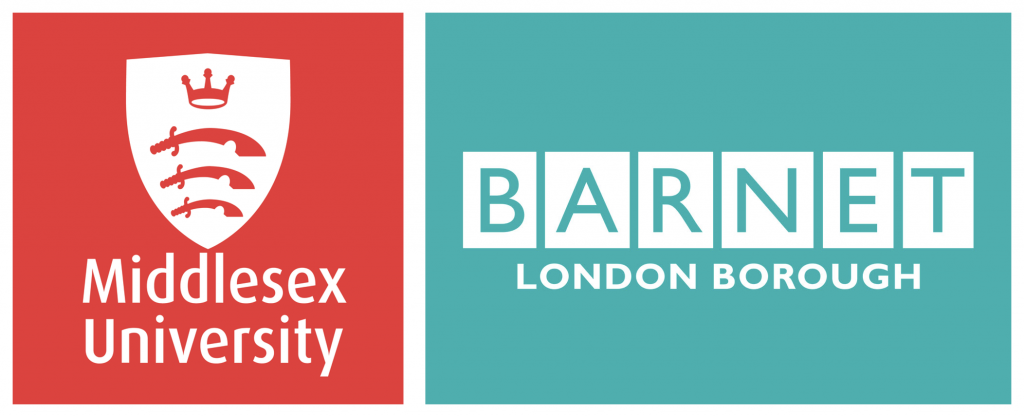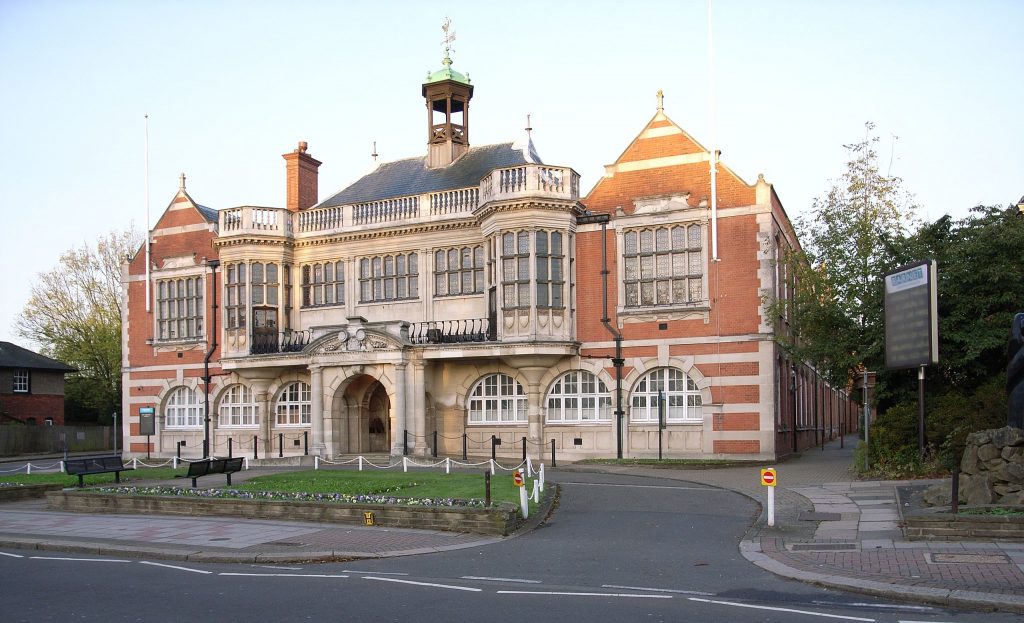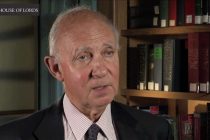A talk presented as a ‘Human Rights in Cyprus Lecture’, involving law lecturers from Middlesex University and hosted by Barnet Council, has been slammed by Turkish Cypriots as “anti-Turkish”.
The event is scheduled to take place at Hendon Town Hall at noon on Monday, 18 March. According to details on online ticketing platform Eventbrite, where registration was needed for the free lunchtime event, the lecture involves the “Mayor of Morphou Cyprus delegation, Mayor of Barnet, The High Commissioner of Cyprus in the UK and MDX School of Law” in what is described as an “annual lecture.”
The event chair is named as Professor Elvira Dominguez-Redondo, a professor in International Law at Kingston University, while the three speakers are all law lecturers from Middlesex University: Dr Alice Donald, Ms. Aphrodite Yiasemi, and Professor William Schabas.
The topics listed for the trio of speakers suggest the 90-minute event is purely focussed on the Greek Cypriot perspective, seemingly framing Turkiye (Turkey) as responsible for the tragedy in Cyprus, by using loaded terms such as “invasion” and “occupation” and referencing only 1974.
Dr Donald’s talk will be on “The “right to truth”? The duty on Turkey to investigate and provide redress for enforced disappearances during the invasion and occupation of Cyprus in 1974.”
Ms Yiasemi will speak about “Cypriot refugees: Past and Future”, while Professor Schabas’s talk is on ‘Developments in the law of occupation’.
Nowhere does the lecture’s description specify that the conflict in Cyprus started in December 1963 and ran for ten years. Nor do the talks seem to explore the role of Greek Cypriots, who instigated the decade-long conflict, or cover the tragic events from a Turkish Cypriot perspective, including how their human rights have been violated by Greek Cypriots from 1964 to the present day.
The 10-year Cyprus Conflict led to a half of all Turkish Cypriots and a third of all Greek Cypriots being displaced, with both communities suffering casualties and missing persons.
According to the Committee on Missing Persons in Cyprus, which was formed in 1981 and is backed by the United Nations and the wider international community, the official list of missing persons contained the names of 2,002 missing people, a mix of both Greek and Turkish Cypriots, with these disappearances starting in 1963.
To date, the CMP has helped locate the remains and identify around half of the missing for each community: 752 of the 1,510 missing Greek Cypriots have been identified, and 293 of the 492 missing Turkish Cypriots have been identified.
Refugees of Morphou/Güzelyurt
Bizarrely, the lecture seems to be devoid of any Turkish Cypriot involvement and despite claiming to have a “delegation” from the town of Morphou, called Güzelyurt in Turkish, Turkish Cypriot officials in North Cyprus told T-VINE that no one from the town is attending the event or been involved in its planning, including its Mayor or Council Leader Mahmut Özçınar.
Pre-1974, the population of Güzelyurt and surrounding villages in this northwest region of Cyprus were mainly Greek Cypriot. Following the end of the conflict and the population exchange agreed by the two sides in 1975, the area became home to Turkish Cypriot refugees from south Cyprus, some of whom were displaced three times over during the ten-year conflict.
Güzelyurt was due to be returned to Greek Cypriot control under the terms of the UN-backed Annan Plan, but Greek Cypriots overwhelmingly rejected the terms of the reunification plan in a referendum held in April 2004, leaving the town under Turkish Cypriot administration.
Since then, the European Court of Human Rights, in the landmark Demopoulos Ruling of 2010, has ruled against the forced eviction of people living in former Greek Cypriot homes on the grounds that, after nearly 40 years it is not lawful to create a new injustice to remedy an old one.
Barnet Council, Middlesex University and the lecture administrator have all been approached for comment on why the event is lacking a more balanced approach. To date, no response from any of these parties have been received by T-VINE.
“Turkey-bashing propaganda”
Kenan Yaman, chair of the British Turkish Cypriot Association, however, was unequivocal in his condemnation of the planned lecture, describing it as “anti-Turkish prejudice”.
He told T-VINE: “We’ve come to expect this type of Turkey-bashing propaganda from the Greek Cypriot authorities and their diaspora groups, but it’s really disappointing to see the Mayor of Barnet and the Council host such an event. What message does this send to the borough’s citizens of Turkish and Turkish Cypriot descent, some of whom are victims of the conflict too?
“It’s also unbecoming for law lecturers at Middlesex University to be part of such a one-sided seminar. As any student of Cyprus history will know, both Turkish Cypriots and Greek Cypriots suffered during the conflict, which started in 1963 not 1974! Both communities were displaced, both have endured massive trauma through the war, there are missing persons and human rights violations on both sides.
“It is deeply dishonest and offensive to present Turkey as solely responsible for the events in Cyprus. On 15 July 1974 a coup planned by the Junta regime in Greece and executed by her henchmen in Cyprus are well documented” Mr Yaman stated, before adding, “The whole thing smacks of anti-Turkish prejudice and it’s unacceptable!”
Main image, top, of Hendon Town Hall, 2008. Photo © Steve Cadman via Wikipedia / CC by 2.0





